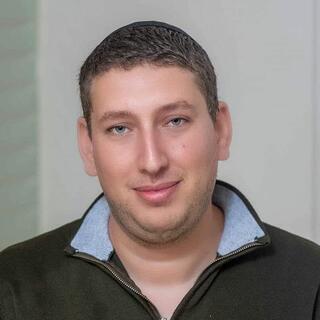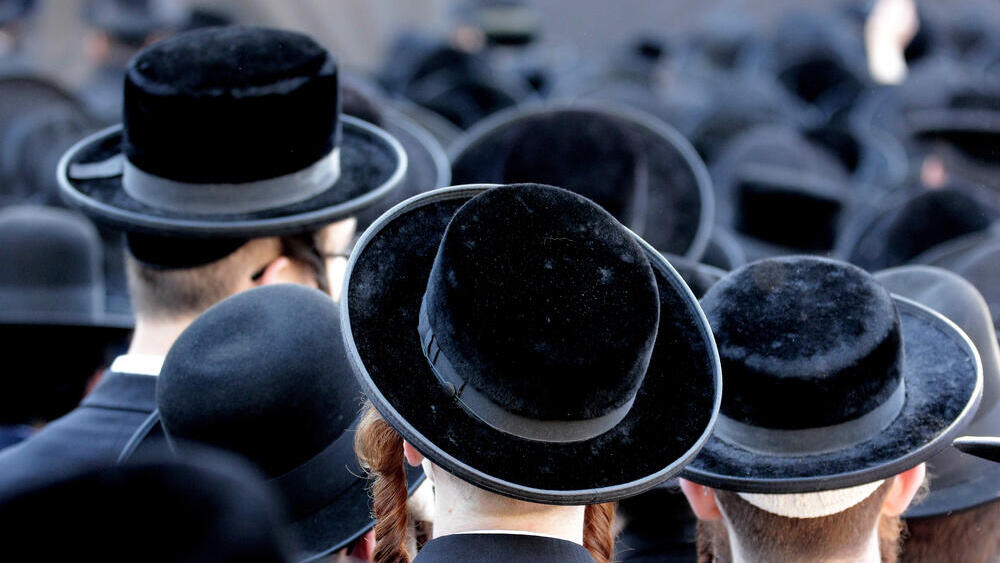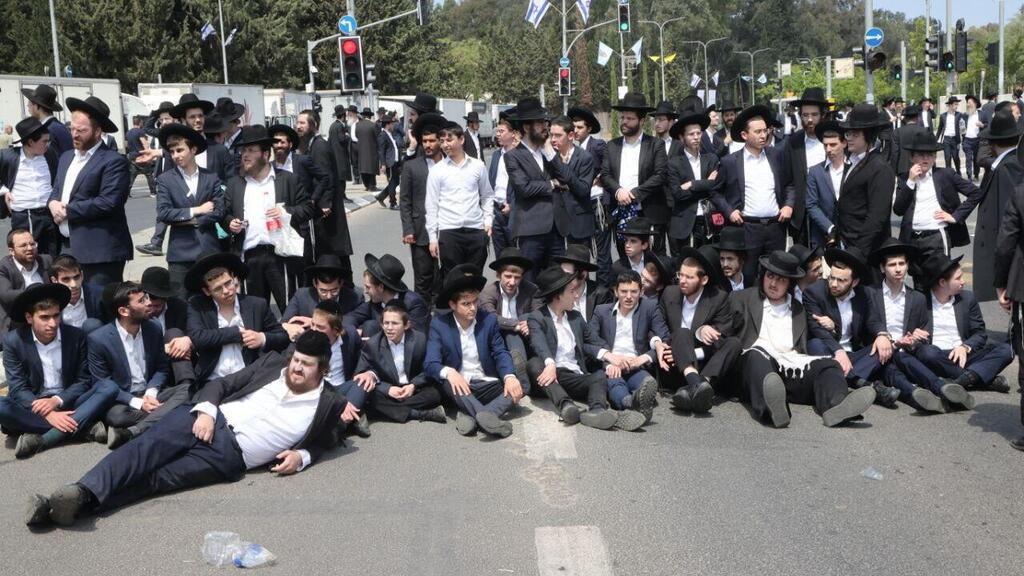Amid the national debate over drafting ultra-Orthodox men into the IDF, a new study published Wednesday reveals that about 50% of Haredi individuals want to integrate into Israeli society — more than double the prevailing estimates cited by government officials and community leaders, which range from 11% to 19%.
The study, led by Dr. Nechumi Yaffe, an ultra-Orthodox researcher at Tel Aviv University's School of Public Policy, was presented at the university’s “Future of Israel” conference in collaboration with the Kadar Foundation.
According to the findings, widespread misconceptions and lack of awareness within the Haredi community about others’ views are preventing many from pursuing their desire to contribute to Israeli society. As a result, individuals often avoid acting on their beliefs out of fear of social backlash.
Roughly half of Haredi individuals expressed a desire to enter the workforce, attend university, respect state institutions and courts and even celebrate Independence Day and observe Memorial Day.
However, social pressure deters them from doing so. One of the study’s most striking findings is that 1 in 4 Haredi men (25%) would voluntarily enlist in the IDF if given the right frameworks and cultural accommodations.
This is the first study of its kind in Israel, encompassing data from about 1,200 ultra-Orthodox participants across all major sectors of the community. Tel Aviv University noted the study's uniqueness in being led by a Haredi researcher, allowing it to challenge long-held assumptions both in mainstream Israeli society and within the Haredi world itself.
Get the Ynetnews app on your smartphone: Google Play: https://bit.ly/4eJ37pE | Apple App Store: https://bit.ly/3ZL7iNv
The study identifies four distinct groups within the Haredi population:
Very conservative Haredim (27%): Oppose any integration and adhere strictly to traditional norms, consume only Haredi media and maintain insular lifestyles.
Israeli Haredim (27%): Obey rabbinic authority and communal norms but also identify with the state, seek to work and study and mark national holidays.
Modern Haredim (23%): Less bound by communal expectations, often own smartphones, consume secular media, wear modern clothing and fully identify as Israeli.
Independent Haredim (23%): Feel no connection to the state or its institutions and, in many cases, no strong ideological ties to the ultra-Orthodox community. They were simply born into it and could envision living elsewhere.
Together, Israeli and modern Haredim — who make up about 50% of the community — see themselves as fully Israeli and want to be productive citizens. Subgroup analysis by Dr. Yaffe also showed that 23% of Haredim (primarily from these two groups) are interested in joining the IDF or performing national service.
“The data clearly contradict long-standing assumptions,” said Dr. Yaffe. “Half of the ultra-Orthodox population wants to be part of Israeli society and many are even willing to serve in the army. The main obstacle is ignorance — many believe they’re alone in their views, afraid their children won’t find marriage matches or that their community will shun them.”
“This study is socially significant,” She added. “I hope it, along with future research, helps facilitate the complex but vital process of integration. Once individuals realize they’re not alone, it may be possible to overcome the fear of being seen as an outlier.”





